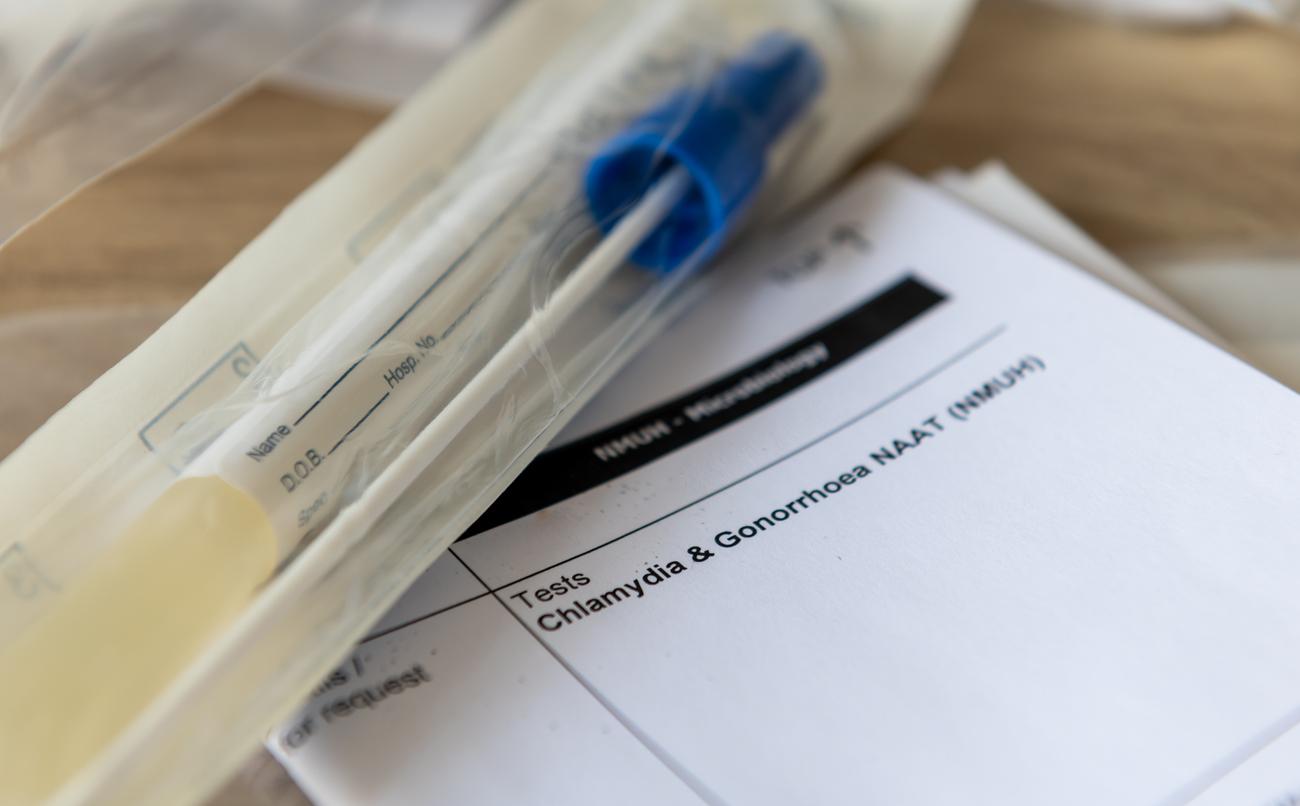A study of bacteria from patients at a sexual health clinic found increasing resistance to tetracyclines in Neisseria gonorrhoeae and impacts on "off-target" bacteria following the adoption of doxycycline post-exposure prophylaxis (doxyPEP), researchers with the University of Washington (UW) reported last week in Clinical Infectious Diseases.
In June 2023, officials with Public Health–Seattle and King County (PHSKC) issued guidance on the use of doxyPEP based on the release of clinical trial data from the DoxyPEP Study showing that the intervention significantly reduced the risk of chlamydia, syphilis, and gonorrhea in men who have sex with men (MSM) and transgender women with a history of sexually transmitted infections (STIs). The department was one of several around the country to immediately adopt the intervention, which was eventually recommended by the US Centers for Disease Control and Prevention in June 2024 and has subsequently demonstrated efficacy against STIs in real-world settings.
Despite the documented efficacy of doxyPEP against STIs, concerns remain about its impact on antimicrobial resistance (AMR) among both the targeted bacterial pathogens that cause STIs and "bystander bacteria" that reside in the anatomical sites where STIs occur and in other parts of the body. Data from the DoxyPEP Study had shown that while the use of doxyPEP increased the expression of tetracycline resistance (tetR) genes in Staphylococcus aureus bacteria sampled from trial participants, it did not increase colonization with tetracycline-resistant S aureus or alter the diversity of the gut microbiome. But public health officials have cautioned that resistance in S aureus and other bystander bacteria needs to be monitored as doxyPEP use grows.
"Although these data are reassuring, uncertainty regarding the impact of long-term doxycycline use has prompted some authorities to urge caution in the adoption of doxy PEP, and additional data on the impact of the intervention on AMR and the microbiome are needed," UW researchers wrote.
Increase in tetracycline resistance
To assess the impact of doxyPEP, the researchers analyzed gonorrhoeae surveillance data among patients at PHSKC's sexual health clinic from 2017 through 2024. They also evaluated nasopharyngeal colonization with S aureus and group A Streptococcus (GAS).
The analysis of gonorrhea isolates from 2,312 patients (75% MSM) found that the prevalence of tetR was 27% from 2017 to the beginning of 2023, then rose to 70% by the middle of 2024. Similarly, the prevalence of N gonorrhoeae with high-level tetR increased from 2% to 65% from 2021 through 2024. Taking more than three doses per month of doxyPEP was associated with both tetR and high-level tetR in N gonorrhoeae.
The authors say that while the rise in tetR and high-level tetR in gonorrhea could also be connected to a dramatic shift toward greater doxycycline use to treat chlamydia and non-gonococcal urethritis that began prior to the introduction of doxyPEP, use of doxyPEP is now "contributing to the antimicrobial pressure driving resistance." Regardless of the cause, they say that increasing tetR is likely to severely limit doxyPEP's preventive impact on gonorrhea infections.
The analysis also found that while S aureus colonization was less common among doxy PEP users than non-users (27% vs 36%), colonization with both tetR S aureus and GAS were more common among doxyPEP users than non-users (18% vs 8% and 9% vs 4%, respectively).
The authors say the clinical significance of this latter finding is unclear but note that the PHSKC has recently revised its doxyPEP guidelines to recommend that medical providers not use doxycycline for skin or lower respiratory tract infections in doxyPEP users.
"Public health authorities should implement additional surveillance monitoring to assess the impact of doxy PEP implementation on bacterial colonization and AMR, including monitoring for clinically significant events related to doxy PEP induced changes in patients' microbiomes," they concluded.




















